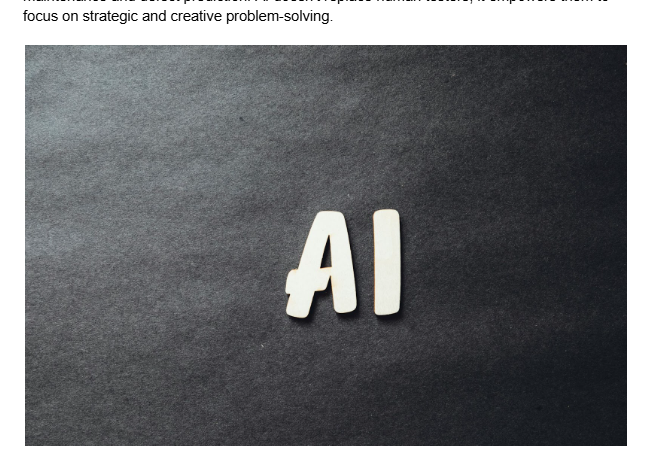
Introduction
The Pandora Papers are one of the largest sets of documents leaked in world history, which was witnessed in October 2021. It was an unprecedented expose by the International Consortium of Investigative Journalists (ICIJ) that showed how politicians, billionaires, celebrities and business leaders had hidden wealth offshore to evade taxes, conceal assets or avoid legal ramifications. These offshore leaks rocked the global financial system and posed serious concerns on the transparency, fairness and regulation.
This paper looks at the effects of the Pandora Papers leaks on the world trust in financial systems, the issues they revealed, and how to fix the situation and restore the global financial system credibility.
What were the Pandora Papers?
The Pandora Papers were 11.9 million leaked confidential documents of 14 offshore service providers. These records revealed covert offshore possessions of over 300 public leaders of 90 nations. It involved presidents, prime ministers, royalty and business tycoons, who had in the past boasted of supporting the anti-corruption crusade and fairness in taxation.
This leak was preceded by such disclosures as the Panama Papers and Paradise Papers, but the Pandora Papers were more comprehensive, including a wider scope of entities and individuals.
Offshore Leaks and the Secret Issue
The core of the Pandora Papers leaks is the offshore financial systems, shell companies, trusts, and foundations which are usually created in tax havens such as the British Virgin Islands, Seychelles, and Belize. Although offshore ownership is not always a crime, they are often utilized in concealing assets, avoiding tax and evading responsibility.
The offshore leaks revealed that these tools not only are used by corrupt officials and criminals, but also by the global elite to move money quietly across borders, frequently out of reach of regulators, law enforcement or tax authorities.
The Effect on Financial Trust in the World
1. The Confidence in Monetary Equity Has Decreased
The loss of trust can be considered one of the most important consequences of the Pandora Papers. People in different parts of the world are starting to understand the way the rich and the influential live with another set of financial regulations. This has enhanced the feeling of unfairness and unjustness in the international financial system.
The system is not fair when the common taxpayers make their contributions as the elites continue to send money to tax havens.
2. Institutions and Governments in Question
The governments who do nothing to punish the individuals who were listed in the leaks face the risk of losing the legitimacy. Several political figures who have been named in the Pandora Papers leaks have rejected allegations of wrongdoing, yet there has been a growing call to change and accountability. Financial regulators, tax collecting agencies, and central banks are also being provoked to tighten controls and become more transparent.
The International Leaks Database Role
ICIJ also maintains the International Leaks Database, some of the Pandora Papers data can be searched by journalists, investigators, and researchers. This open register enables further inquiries into the concealed assets and corporate ownership groups cross-jurisdictionally.
Due to the availability of leaked information, the International Leaks Database allows the supporters of transparency, law enforcement, and financial institutions to conduct more substantial PEP checks (Politically Exposed Persons checks) and identify red flags at the early stage of due diligence procedures.
Its impact on compliance and due diligence
The Pandora Papers have increased the difficulty of the financial institutions in overlooking the risks of the hidden wealth and shell companies. KYC (Know Your Customer) procedures and PEP (Politically Exposed Person) checks are getting more sophisticated in terms of customer risk scoring, by using adverse media and leak information.
Banks and fintech companies have learned the reputational and regulatory cost of taking on clients who subsequently feature in international leak databases. It has caused a flood of investment in AML (Anti-Money Laundering) systems, AI-based screening, and increased due diligence procedures.
Protests and demands of Reforms and International Collaboration
The world needs to reform in order to restore confidence in the financial system. The Pandora Papers have led to the demand of:
- Beneficial ownership transparency: Obliging the disclosure of who the actual owners and controllers of companies are publicly.
- Better cross-border regulation: Increasing collaboration among nations in tracking and confiscation of illicit funds.
- Consistent taxation: Eliminating the loopholes, and making the facilitators responsible, such as, lawyers, accountants, and off-shore facilitators.
Although certain reforms are already in process, such as those of the EU on transparency and the U.S. Corporate Transparency Act, enforcement and cross-border collaboration is still an issue.
Conclusion
The Pandora Papers leaks were not only an exposure of individual misdeeds but also a demonstration of a system that enables secrecy, inequality and exploitation of loopholes. The relationship of trust in the financial system relies on the issue of transparency, fairness, and accountability, which have been destroyed by the details of the offshore leaks.
The global institutions need to do something drastic in order to proceed, to make sure that the wealth, whether it is in the hands of individuals or not, is governed by the same rules and under the same scrutiny. Until that time, the Pandora Papers shadow will probably still be hanging over the fairness of the global financial systems.


